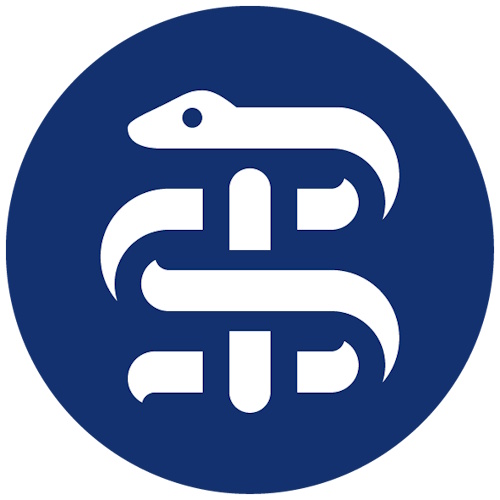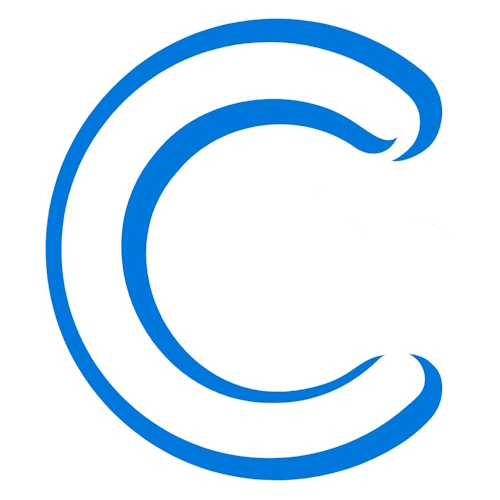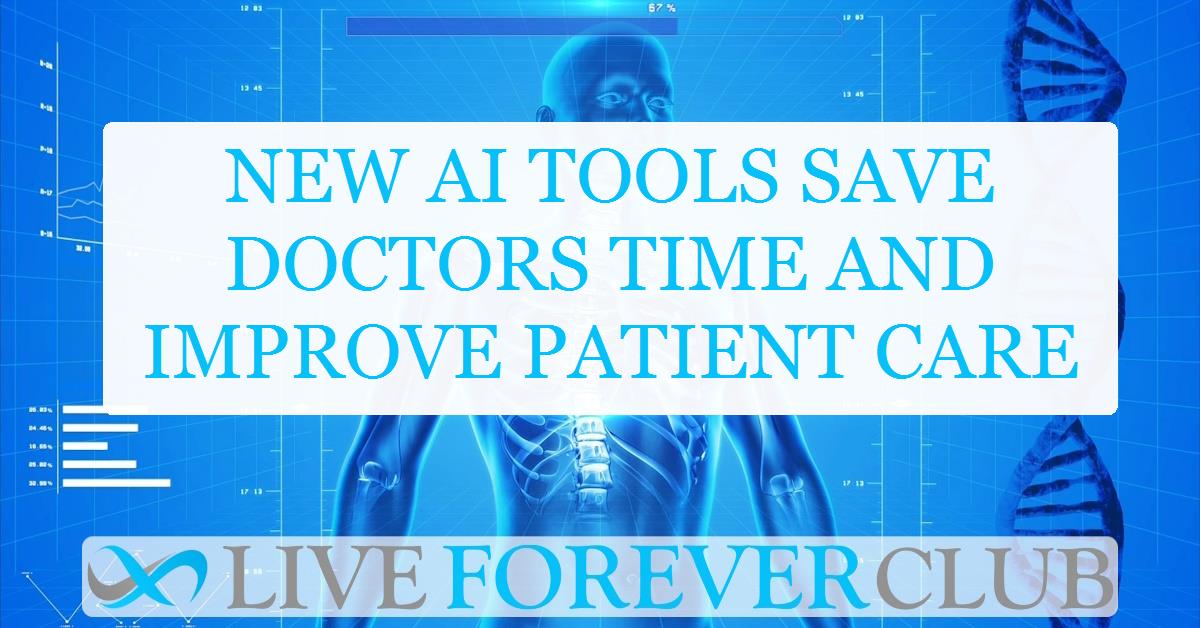Key points from article :
Artificial intelligence is transforming how general practitioners (GPs) manage their time and care for patients.
In Birmingham, Dr. Deepali Misra-Sharp has adopted Heidi Health, an AI transcription tool, to streamline note-taking during patient consultations. This innovation saves her two to three minutes per session, allowing her to focus entirely on her patients without distractions.
Dr. Misra-Sharp emphasizes how this has improved the quality of consultations by reducing errors in medical records and easing administrative burdens. Research supports these benefits, with a 2019 Health Education England report estimating that AI could save GPs 5.7 million hours annually. Similarly, Oxford University’s 2020 study found that 44% of administrative tasks in general practice could be automated.
In Denmark, Corti, a medical AI company, has developed tools to enhance consultations by automating notes and suggesting follow-up questions based on previous interactions. Their technology processes around 150,000 patient interactions daily across Europe and the U.S., assisting GPs in making informed decisions.
Another innovation, C the Signs, analyzes medical records using AI to detect potential cancer risks. This platform has conducted over 400,000 risk assessments, identifying cancer in more than 30,000 patients. The tool facilitates timely referrals for further investigation without replacing the doctor’s judgment.
While these advancements show promise, concerns remain. Experts caution against relying solely on AI due to risks such as biases, errors, and potential breaches of patient privacy. AI tools must be rigorously validated and regulated to ensure safety and accuracy. Dr. Katie Bramall-Stainer of the British Medical Association acknowledges AI’s potential to transform healthcare but stresses that it should supplement, not replace, a GP’s role. She also warns of the harm that poorly implemented AI could cause.
For GPs like Dr. Misra-Sharp, AI has made a significant positive impact, enabling her to rediscover the joy of patient care amidst increasing workloads. These tools provide hope for alleviating the pressures faced by GPs, whose patient numbers have risen by 17% since 2015. While AI is no silver bullet, its thoughtful application offers a path to improved efficiency and better patient outcomes.









